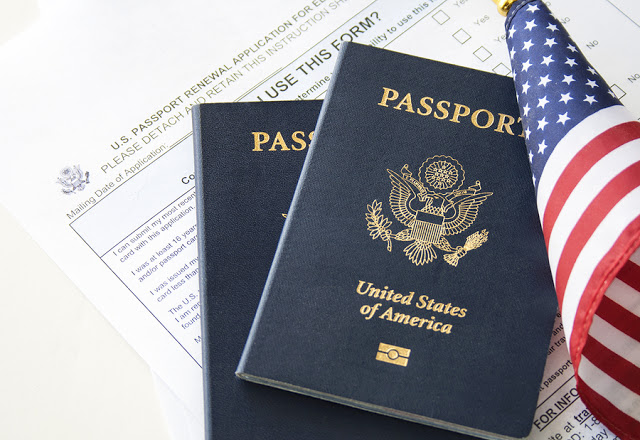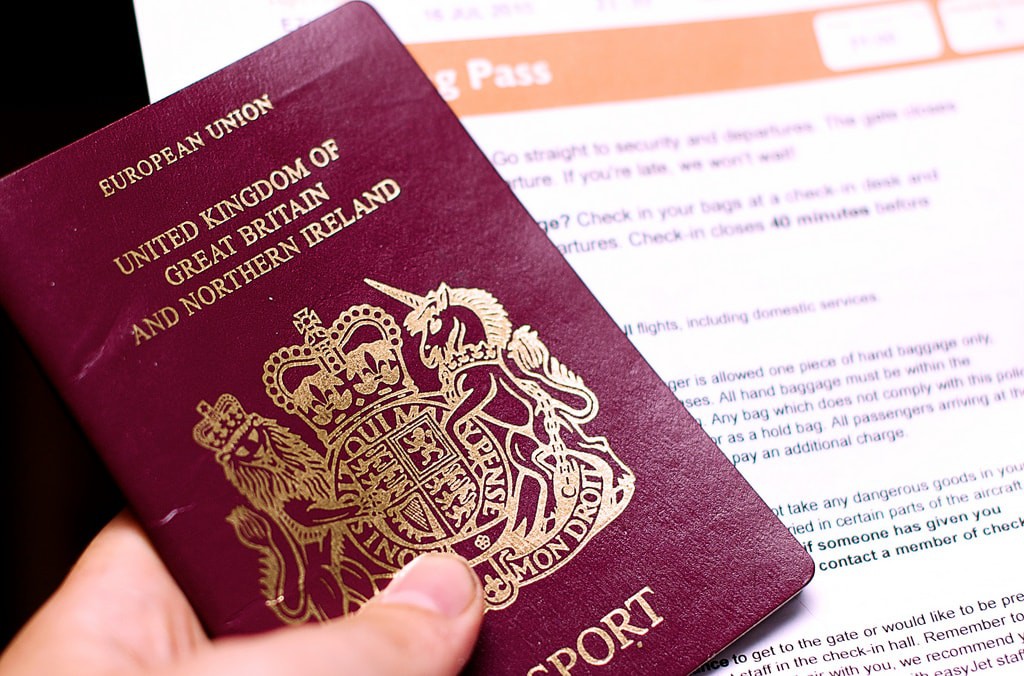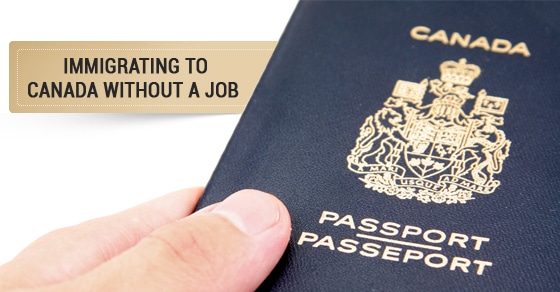The Essential Guide to Obtaining a Canadian Immigration Visa
The Essential Guide to Obtaining a Canadian Immigration Visa
The Essential Guide to Obtaining a Canadian Immigration Visa
Dreaming of starting a new life in Canada? This essential guide provides you with the necessary information and guidance to obtain a Canadian immigration visa.
Canada offers various immigration programs that cater to different backgrounds and qualifications.
Whether you are a skilled worker, entrepreneur, student, or have family connections in Canada, this guide will walk you through the process and help you navigate the path to obtaining a Canadian immigration visa.
1. Research Canadian Immigration Programs
Begin by researching the different Canadian immigration programs available to determine the best fit for your situation. Explore programs such as Express Entry, Provincial Nominee Programs (PNPs), Family Sponsorship, Start-up Visa, and more. Understand the eligibility criteria, application processes, and specific requirements for each program.
2. Express Entry System
The Express Entry system is a popular pathway for skilled workers to obtain permanent residency in Canada. Learn about the three main streams within Express Entry: Federal Skilled Worker Program, Federal Skilled Trades Program, and Canadian Experience Class.
Understand the eligibility requirements, including factors such as education, work experience, language proficiency, and adaptability. Discover how to create an Express Entry profile, calculate your Comprehensive Ranking System (CRS) score, and increase your chances of receiving an Invitation to Apply (ITA) for permanent residency.
3. Provincial Nominee Programs (PNPs)
Provincial Nominee Programs provide opportunities for individuals with skills or qualifications that align with specific provinces or territories in Canada. Research the PNPs offered by different provinces and territories, understand the eligibility requirements, application processes, and nomination streams. Explore how PNPs can enhance your chances of receiving a provincial nomination, leading to permanent residency.
4. Family Sponsorship
If you have close family members who are Canadian citizens or permanent residents, they may be able to sponsor your immigration to Canada. Explore the family sponsorship programs available, including spousal sponsorship, parent and grandparent sponsorship, and dependent children sponsorship. Understand the eligibility criteria, application process, and requirements for successful family sponsorship.
5. Start-up Visa
If you have an innovative business idea and the ability to create jobs in Canada, the Start-up Visa program may be an option for you.
Learn about the eligibility requirements, including securing support from a designated organization, demonstrating your business plan, and meeting language and education requirements.
Understand the application process and the steps involved in obtaining a Start-up Visa.
6. Gather Required Documentation
To support your Canadian immigration visa application, gather all the required documentation.
This may include educational certificates, language test results (such as IELTS or CELPIP), work experience letters, police clearance certificates, proof of financial resources, and supporting documents specific to the immigration program you are applying for. Ensure all documents are valid, translated (if necessary), and meet the requirements set by Immigration, Refugees and Citizenship Canada (IRCC).
FAQs (Frequently Asked Questions)
Q1. How long does it take to process a Canadian immigration visa application?
A1. The processing time for a Canadian immigration visa application varies depending on the type of visa, the program you are applying through, and the volume of applications being processed. It’s advisable to check the current processing times on the official IRCC website.
Q2. Are there any language proficiency requirements for Canadian immigration visa applications?
A2. Yes, most Canadian immigration programs require applicants to demonstrate proficiency in either English or French. Accepted language tests include the IELTS (International English Language Testing System) or the CELPIP


